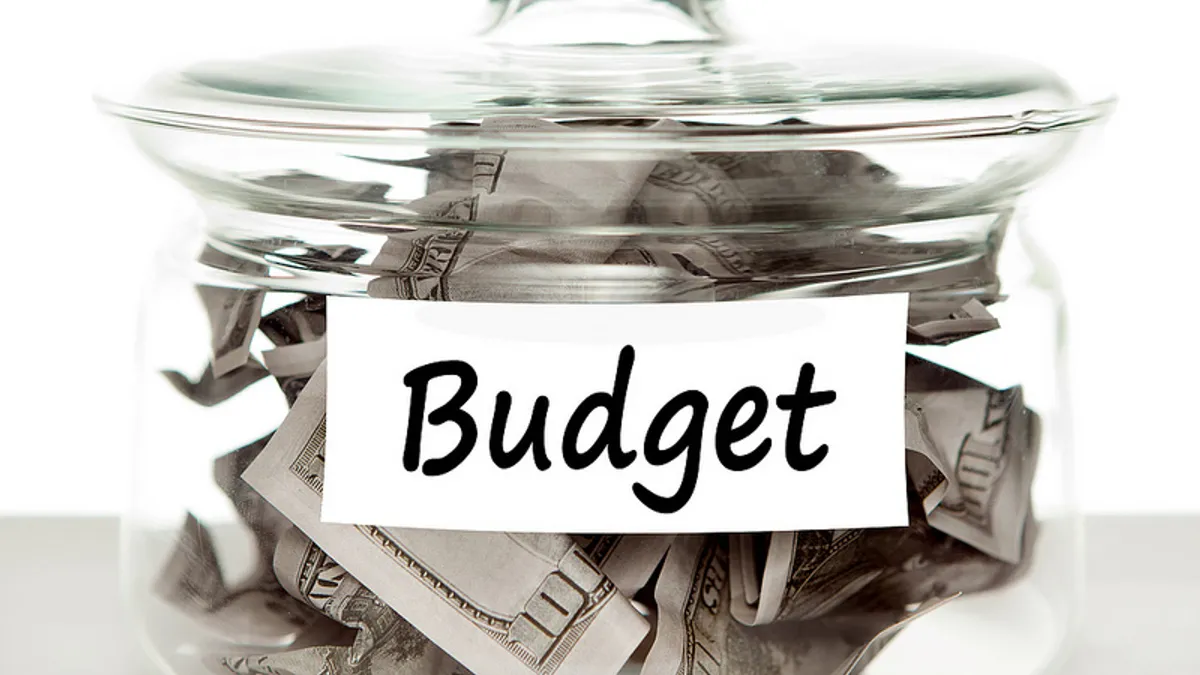Dive Brief:
- The Charlotte School of Law, a for-profit institution which last year received more than $48 million in tuition revenues paid by federal student aid, has had its aid eligibility revoked by the U.S. Department of Education for what the department calls "dishonest" practices in marketing and job placement.
- The school, which billed itself as an ideal education resource for non-traditional students seeking entry into legal professions, says it received no warning or opportunity to defend itself from the federal government's charges or decision.
- The school was placed on probation by the American Bar Association last month for posting bar passage rates below 50%, among the lowest in the state.
Dive Insight:
Law schools have been particularly hard hit by the economic recession and the emergence of information technology in helping regular citizens to execute legal business or to resolve conflicts. When added to the high costs of the professional degree, law schools nationwide are struggling to offer value and viability in a fading industry with falling prospects for success.
While there are ways for law schools to reinvent their curricula and job placement chances for graduates, there aren't many ways that for-profit schools in the field can quickly reverse the effects of the industry and justify low performance or placement rates leading to external sanctions. Leaders in similar situations, in law schools or otherwise, should be transparent with graduates about the state of industry and where jobs in a field can be found, so that they do not face similar inquiry from government or independent accrediting agencies.













